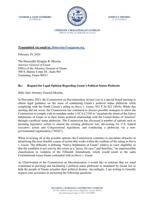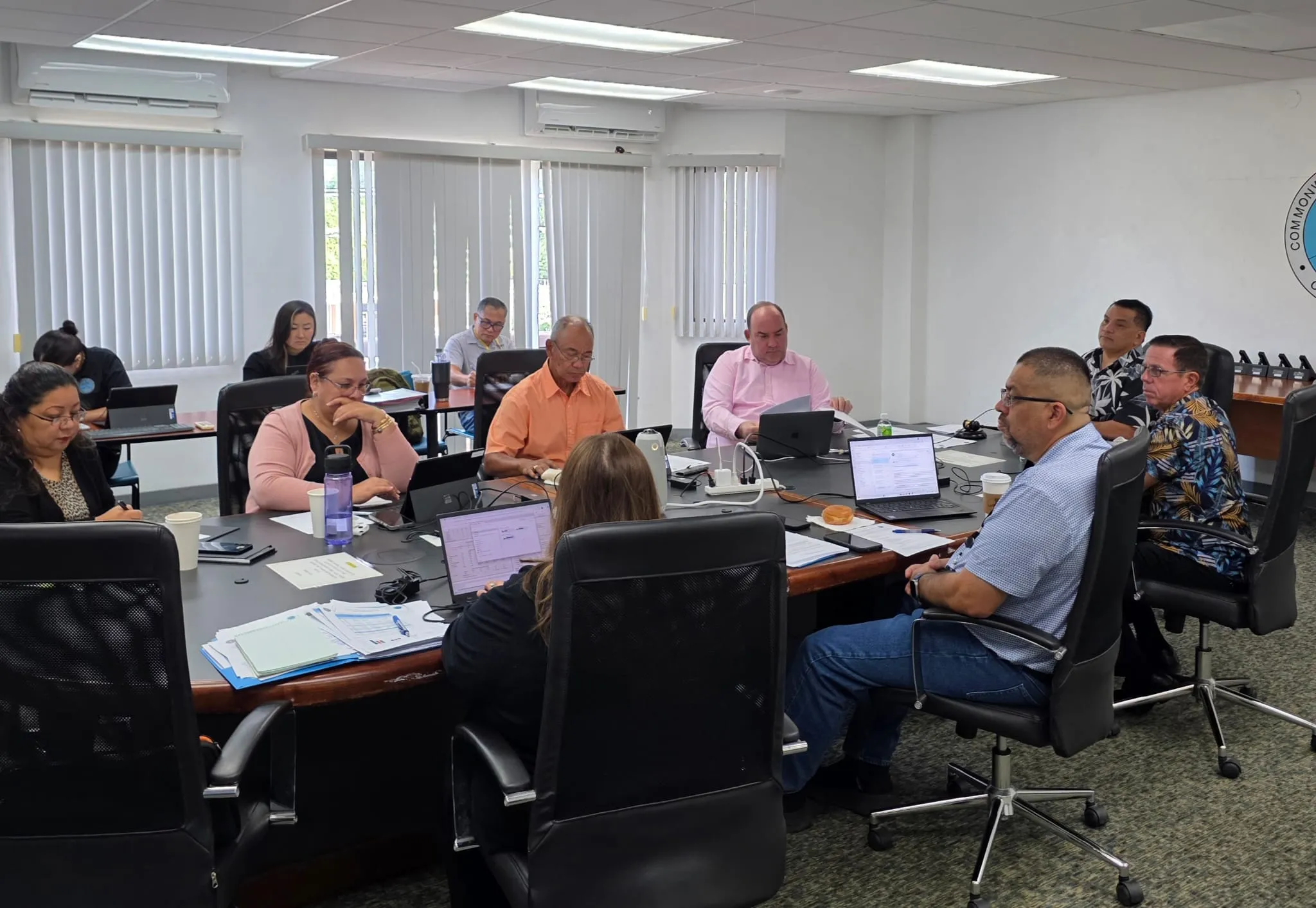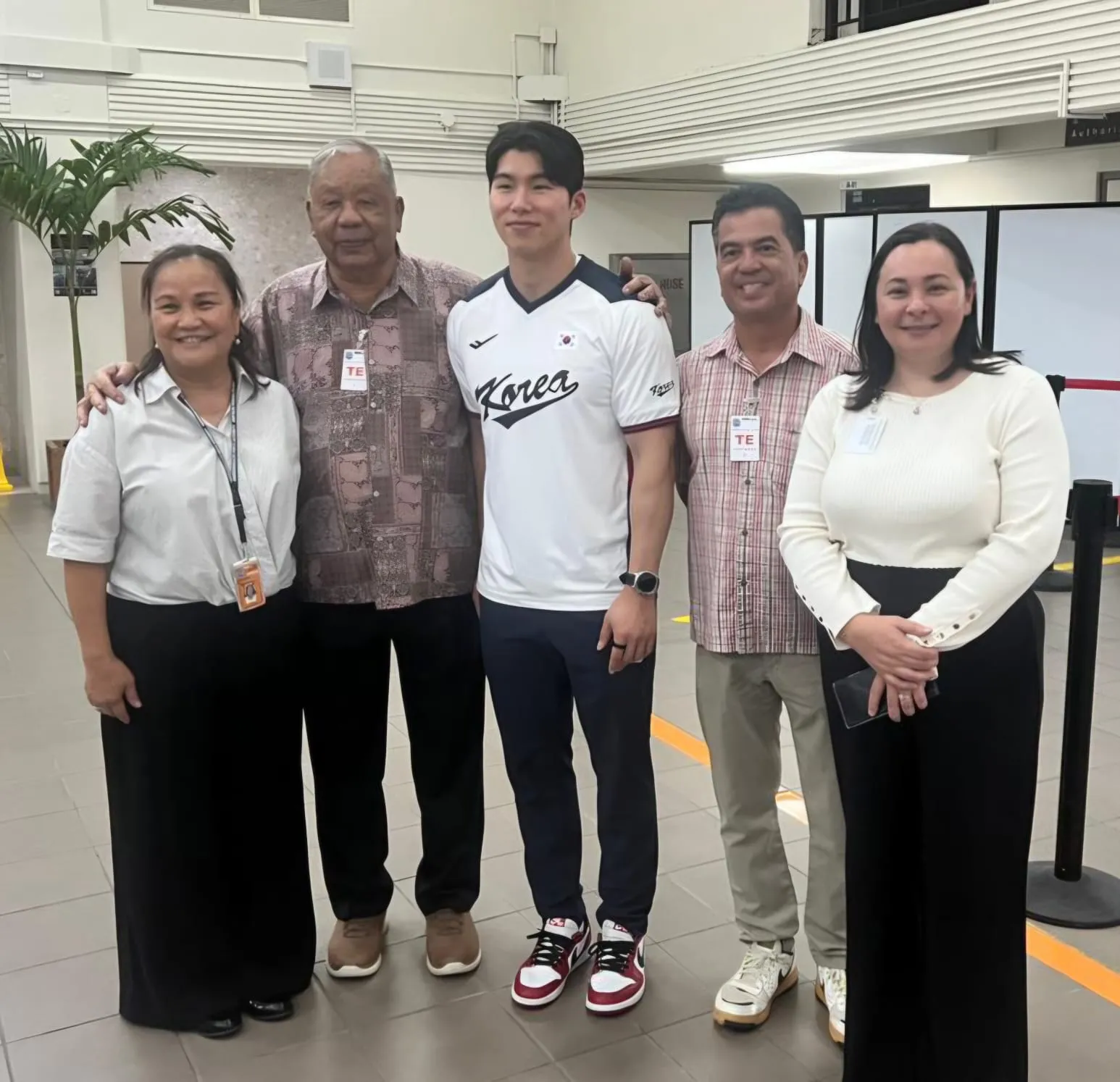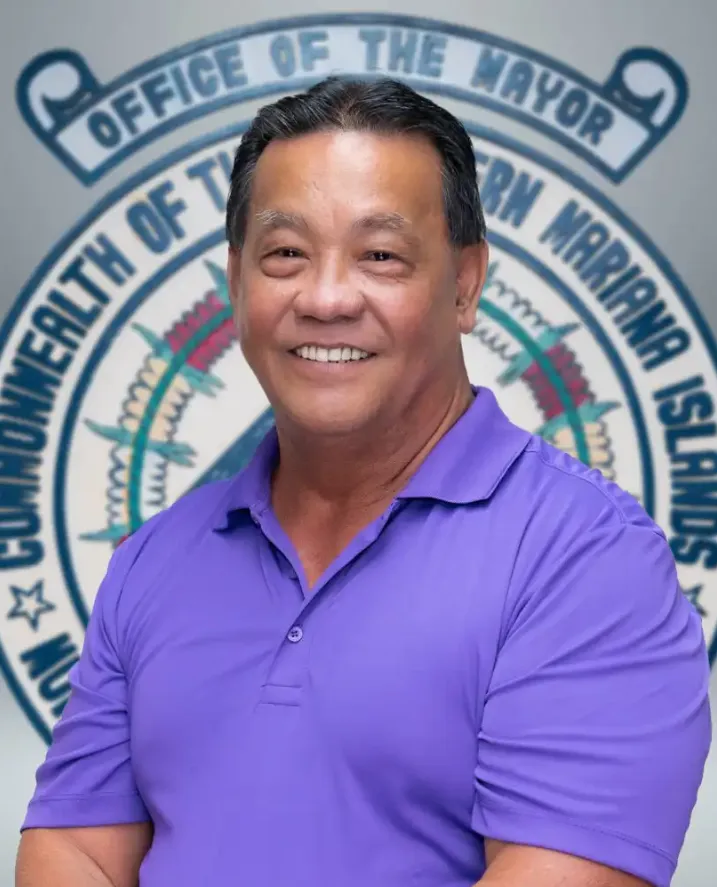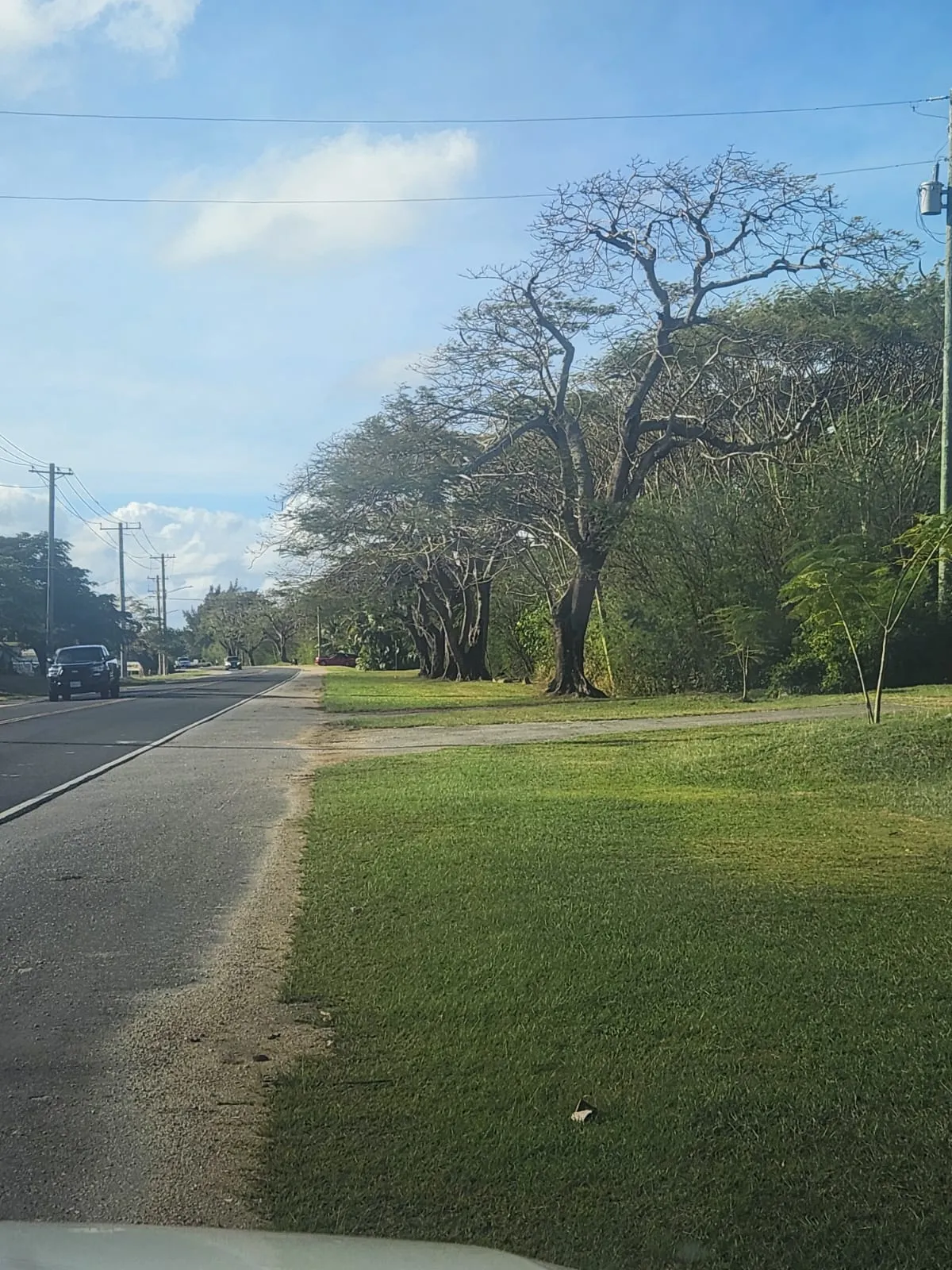HAGÅTÑA (The Guam Daily Post) — Gov. Lou Leon Guerrero has written to Attorney General Douglas Moylan seeking advice on a definition for “native inhabitants of Guam” that won’t run afoul of the Constitution, considering the legal issues that have stemmed from Guam’s plebiscite law. Should that definition prove impossible, the governor also asked if a nongovernmental agency or organization could conduct an election using the current definition of “native inhabitant” found in Guam law.
The plebiscite is a political status vote on whether Guam should seek independence, statehood or free association with the United States.
The plebiscite law was challenged in 2011 at the U.S. District Court of Guam by Arnold “Dave” Davis, then a resident of Guam who was denied registration for the plebiscite because he wasn’t a “native inhabitant,” defined to mean those who became U.S. citizens through the Organic Act of Guam and their descendants.
The District Court ultimately sided with Davis in 2017, finding that the law imposed race-based restrictions on nonnative inhabitants, and declared it unconstitutional. The case went to the 9th U.S. Circuit Court of Appeals, which affirmed the lower court’s decision. Leon Guerrero, who had come into office by that time, decided to appeal the case to the Supreme Court of the United States, but the nation’s high court opted not to take on the matter.
Since then, there have been discussions over how Guam could proceed with a plebiscite, but no clear resolution has come forth.
The governor, who also chairs the Commission on Decolonization, wrote to Moylan on Monday, stating that the commission “continues to encounter obstacles in identifying the most feasible course of action” that works within the ruling in the Davis case, as it reviews potential options.
The difficulty, Leon Guerrero said, is defining “native inhabitants of Guam” relative to voter eligibility so that the condition would not be considered a “proxy for race” and result in the same Constitutional issues experienced in the Davis case.
She requested assistance from the AG on two questions.
The first is whether the Office of the Attorney General could draft a definition for “native inhabitants of Guam” that would fulfill the mandate of the plebiscite law while avoiding a constitutional violation with the goal of expending government funds for the political status election.
The second issue, in case the definition cannot be crafted, is whether a nongovernmental agency, or NGO, that receives no government money could conduct its own election using the current definition of “native inhabitants of Guam” without violating the Constitution.
“Specifically, would such an activity by an NGO qualify as state action or as a decision on a public issue for 15th Amendment purposes, as discussed in Davis v. Guam?” Leon Guerrero asked.
The governor is off island attending a meeting of the National Governors Association, but Lt. Gov. Josh Tenorio was available to comment on the issue Tuesday, and he said Adelup is looking for legal guidance on how the court decisions can be reconciled with the local mandate for the plebiscite.
“It really is going to be trying to set out a course that doesn’t waste time, that complies with the law, and hopefully provides a path forward,” Tenorio said, adding that in order “for things to move,” local law clearly has to change based on the Davis case and in consideration of local intent for participation in the plebiscite.
AG’s comments
The attorney general told the Guam Daily Post that he will work diligently toward assisting the governor with her request, but he also discussed needing to approach the issue with Congress.
“As she recites, the 9th (U.S.) Circuit Court of Appeals has over the years provided legal parameters (of) how Guam can approach this important issue,” Moylan said.
“I previously stated during the 2022 election that it is important that we follow the legal authority and history of how territories have expressed their desires for self-determination. The will of the people as expressed through the Guam Legislature has shown a consistent desire to address our status as a ‘U.S. territory.’ How we do this end created problems in the past, from the creation of the Chamorro Land Trust, to how we as a U.S. territory can vote to express our people’s desire as to our political status,” Moylan added.
Exceptions to the Constitution’s equal protection clause on issues regarding native Hawaiians and Native Americans resulted from the passage of federal law that “addressed their distinctiveness of preserving themselves in the scheme of being part of the U.S.,” according to Moylan.
“Guam needs to work within the U.S. legal framework to be recognized by Congress and have laws passed that allow us to voice our will for political determination. Our local legislature has time and again proven to not be properly empowered to act alone within the framework of what it means to be a ‘territory,'” the AG said, adding that Guam needs to have Congress pass laws giving the island the power to conduct a vote, decide who can vote for political status, how the vote would occur and, to that end, allow the expenditure of public funds.
“This is not a new question, and much time and money has been wasted by local officials by not following the established legal framework in deciding our future. I look forward with working with the governor, Guam Legislature and (Guam) delegate on helping our people decide how to approach this political issue with the U.S. Congress,” he added.
As an aside, Moylan also stated that local leaders “must stop dealing too much” with the U.S. Department of Defense and focus on Congress and the U.S. Department of the Interior on issues involving Guam.
“We are not a military base under control of the Department of Defense, but a legally recognized unincorporated U.S. territory under Congress’ direct control as required by the U.S. Constitution’s Article 4, Section 3, Clause 2 (Property Clause). The Department of Interior has direct management control as required by Congress to manage us while we ultimately decide our political status. Puerto Rico is an incorporated U.S. territory which is closest to becoming a state of the U.S.,” Moylan stated.
